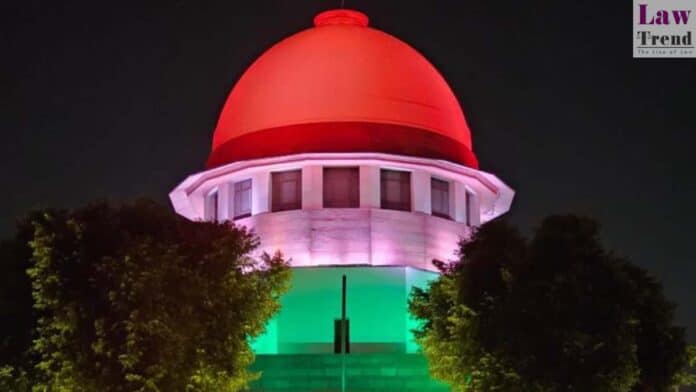On Monday, the Supreme Court issued a critical notice to the Ministry of Finance regarding significant vacancies in Debt Recovery Tribunals (DRTs) across India, as highlighted in a Public Interest Litigation (PIL). The bench, led by Chief Justice Sanjiv Khanna and Justice Sanjay Kumar, addressed the concerns presented by advocate Sudarshan Rajan on behalf of PIL petitioner Nischay Chaudhary.
The PIL points out that nearly one-third of the 39 DRTs in the country are currently non-functional due to the absence of Presiding Officers. This lack severely hampers the tribunals’ primary function of expediting debt recovery processes for banks and financial institutions. Established under the Recovery of Dues to Banks and Financial Institutions Act of 1993, DRTs play a crucial role in managing and recovering bad debts from borrowers.
As of September 30, 2024, 11 out of these tribunals are operating without Presiding Officers, thus crippling their capacity to handle and resolve cases efficiently. The petitioner emphasized that such inaction not only frustrates the objectives of the 1993 legislation but also delays the timely adjudication and recovery of debts.
Further stressing the importance of prompt justice, the PIL invokes the Supreme Court’s 2020 decision in the case of District Bar Association Dehradun vs. Ishwar Shandilya, which recognized speedy justice as a fundamental right under Articles 14 and 21 of the Constitution. In response, the PIL requests that the Ministry of Finance be directed to disclose records concerning the selection and appointment processes for DRT Presiding Officers, to assess the government’s commitment to resolving these vacancies.
Additionally, the PIL seeks a directive for the Centre to ensure the timely filling of existing vacancies and to establish mechanisms that prevent future appointment delays. It also proposes that the powers of non-operational DRTs be temporarily transferred to other functional tribunals to minimize disruptions in service.




